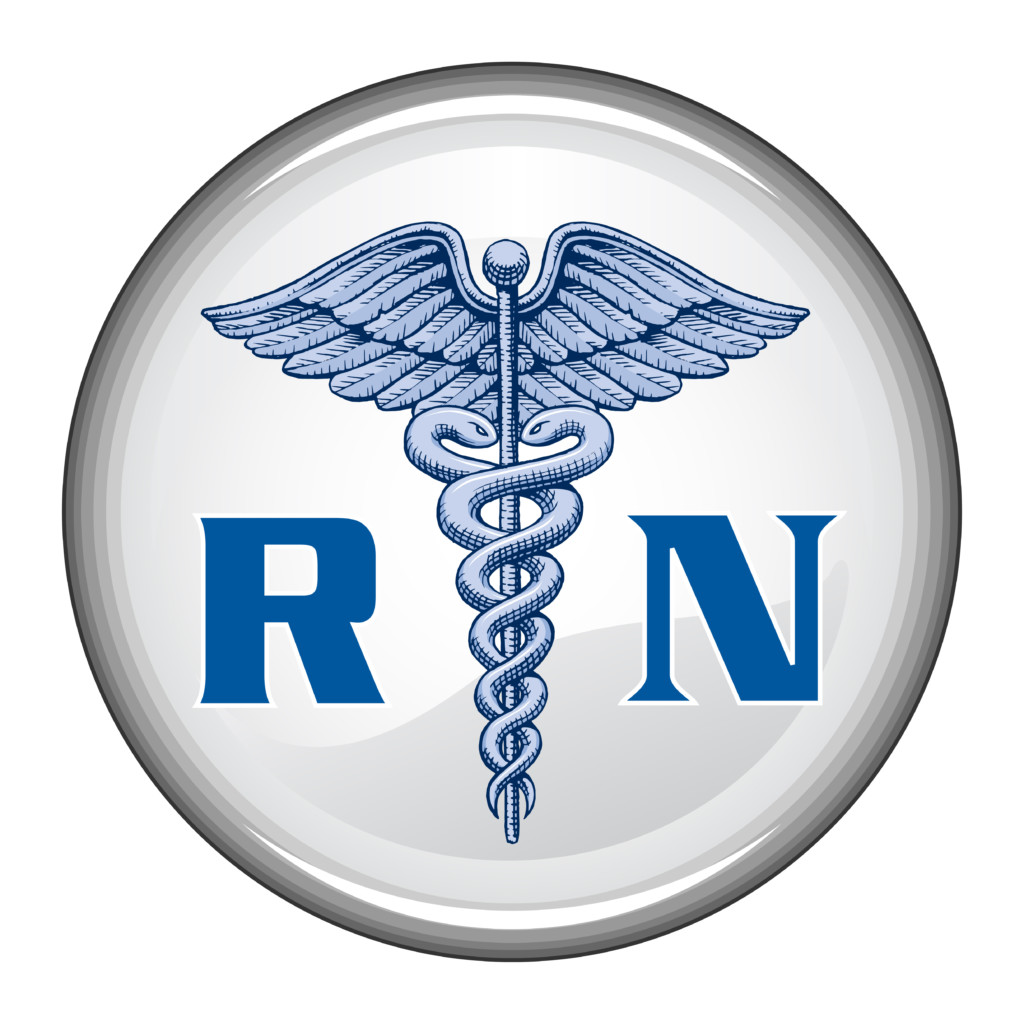You’ve reached the pinnacle of your academic journey and earned your bachelor’s degree in nursing. This achievement took several years and a lot of work. Just when you thought the end was near, a new beginning is now on the horizon.
After earning your degree as a nurse, there are still a number of requirements nurses must meet in order to maintain good standing in this discipline and practice at health care facilities. Here are some of those requirements and how to achieve them.

Registered Nurse Status
The National Council of State Boards of Nursing (NCSBN) provides oversight and resources to help support nurses who are working toward earning their registered nurse status. The professional organization provides a multitude of resources including information on nurse licensure, nurse practice act and rules, and numerous educational resources such as webinars and online courses to help nurses obtain RN status. In addition, the NCSBN website contains information about research and advocacy for the nursing profession.
Nurses must maintain their registration certification or RN status in order to find employment at health care organizations. State institutions grant nurses the privilege of practicing nursing following passage of this board exam. Navigating the resources on the NCSBN website can help nurses find the information they need to take and pass this essential exam within their state of practice.
Exploring Certifications

Now that you have passed your registered nurse certification exam, you can explore additional certifications within specific disciplines of nursing.
The American Nurses Credentialing Center (ANCC) provides information about what discipline-specific certifications nurses can earn. In addition, ANCC offers facility-wide certifications for nursing units that can encourage higher levels of quality and achievement on the nursing unit.
Certifications are offered for nurse practitioners, clinical nurse specialists and specialty certifications. Examples include Acute Care NP, Adult NP, School NP, Home Health CNS, Pediatric CNS, Nurse Executive Specialty certification, Cardiac Rehabilitation Nursing and Advanced Diabetes Management.
The first step in working toward one of these specialty certifications is to obtain your RN license. Certifications also require a certain number of nursing practice hours and are subject to renewal after several years. Each specialty has specific requirements, and ANCC provides a wealth of information about the programs on its website.
Continuing Education
You probably have heard that education is a lifelong process. In nursing practice and patient care activities, this is quite true. In order to maintain their skillsets, nurses at every experience and education level participate in continuing education, the credit requirements for which vary by state. Although there are many methodologies such as online, in-person or a blend of the two, continuing education is integral to professional development.
Courses are offered in multiple areas of practice including diabetes, geriatric, oncology, pediatric, wound management, addiction, critical care, psychiatric and trauma. Most nursing certifications require a certain number of continuing education hours in order to retain the certification. Some certifications require specific types of continuing education for nurses to complete. Continuing education programs are often offered online, which provides a great deal of convenience for nurses who work long hours. Many of the educational requirements are also spread over a number of years to provide enough time for successful completion.

Competencies
Someone who is competent can perform a task with efficiency. Competencies are created for a variety of disciplines and they often represent the knowledge,
skills and abilities that someone must possess in order to execute a specific job function. Competency models can be produced to assist with finding the right fit for a job and developing the current workforce to fill in any job gaps. Developing nursing core competencies that ensure nurses have developed the skillsets needed to perform certain functions helps to foster development and advancement in practice for nurses.

Health care organizations introduce new and improved technologies and complex systems to manage patient care. In order to maintain their skills in these ever-changing environments, nurses must progress their level of competency. Many health care institutions are adopting competency assessment processes into their annual evaluation to ensure that nurses have the skillsets required to treat patient in a way that promotes both safety and quality.
There are a number of ways competencies can be designed and assessed. Understanding what competencies apply to your role and how you will be assessed can help you better prepare for your specific job function.
Additional Training
Additional training is another necessary step to advancing your career as a nurse. There are a variety of roles that nurses undertake in addition to clinical responsibilities. Learning computer software programs such as the Microsoft Office Suite can enhance your ability to function in an advanced nursing role. As you delve into your job, you can discover what additional training will help you perform nursing and non-nursing tasks.

Finding the right path to continually develop as a nurse and a professional can be a rewarding challenge. You can look for additional resources by searching online and asking colleagues or mentors what steps they have taken. Any of the above requirements will help you hone your knowledge, skills and abilities in your role as a nurse.


